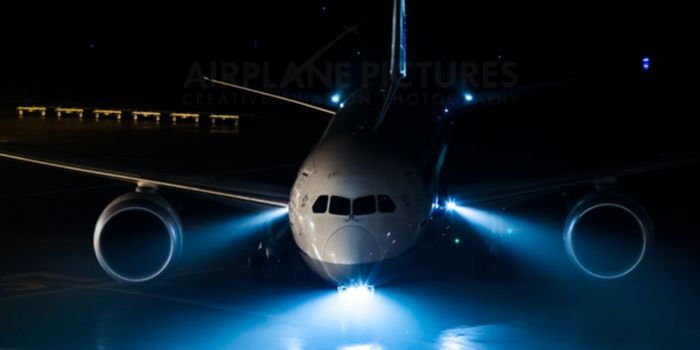Kenya’s position as Africa’s leading aviation hub is at risk due to the reintroduction of Value Added Tax (VAT), the Kenya Association of Air Operators (KAAO) has revealed.
The operators are advocating for VAT exemptions on aviation-related products to remain in place, arguing that these exemptions have been instrumental in helping the sector recover from the effects of Covid-19.
They have urged the government to align its tax policies with international recommendations, such as those under the East African Common External Tariffs, the International Civil Aviation Organization, and regional benchmarks.
While appearing before the National Assembly Finance Committee at the Kenyatta International Convention Centre (KICC) on Wednesday, 28 November, the operators warned that, if not carefully considered, the tax burden would increase significantly.
National Treasury Cabinet Secretary John Mbadi addressing accountants during the second edition of 41st annual ICPAK seminar in Mombasa on November 20, 2024.
Photo
National Treasury
According to the operators, the changes will lead to an increase in the operational cost.
They have argued that the imposition of a 16 per cent VAT on imported aircraft spare parts and related services will increase operational expenses.
KAAO has argued that Kenya’s competitiveness might be undermined by the higher acquisition cost which will hinder fleet expansion and upgrades.
Furthermore, they argued that the return of the tax that was initially exempted could impair sector gains. They reveal that the exemptions had led to increased registration of aircraft and growth in passenger and cargo numbers.
The tax proposal also poses a threat to investment and innovation in aerospace technology in the country. Tourists and Kenyans could also be faced with increased air travel fees posing a threat to tourism, trade and investment in the country.
“The cost of domestic and international travel within and outside Kenya will increase. The increase will also affect the operating costs and margins in the air travel sector,” the Kenya Association of Travel Agents (KATA) warned.
They have further warned that the sector’s contribution to the country’s GDP would be negatively impacted declining from its current contribution of Ksh208 Billion.
Thousands of jobs are also at risk. The aviation sector directly contributes to 26,000 jobs and indirectly supports 104,000 jobs through related industries.
Among the areas targeted by the imposition of the 16 per cent VAT are air ticketing, aircraft spare parts imported by operators, and services provided by those engaged in aircraft maintenance, among others.
A graphic showing taxes and the Kenyan flag in the background.
Photo
Canva


